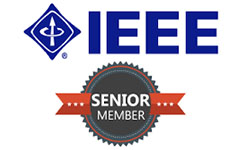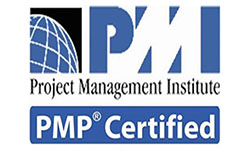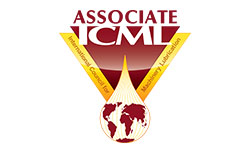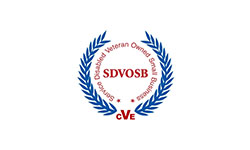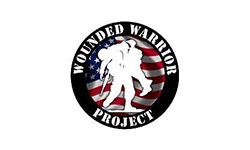CHILLED WATER SYSTEMS
This development course is available in both virtual and in-person, instructor-led formats, it is a two-day chill water systems course that will develop your team how to keep them running efficiently, whether it keeps people or equipment cool.
Description:
Team members will learn about components used in chilled water systems, uses and applications of chilled water systems among many other things. This workshop is perfect for anyone looking to increase their knowledge about chillers, cooling towers and other chilled water systems.
Course Outline:
Day One – Topic
Day One examines the basics of chilled water systems including chillers and cooling towers. We’ll do an overview and review heat theories, so team members understand why things happen.
Water Systems Overview
1. Introduction
2. Componenttasks
3. System design
4. Controls
5. Codes and standards
Heat Transfer Theory
1. Properties of matter: solid, liquid, vapor
2. Laws of Thermodynamics
3. Heat transfer theory:
a. Conduction
b. Convection
c. Radiation
d. Evaporation
4. Principles of heat and temperature measurement
5. Britishthermalunit,specificheat
6. Sensible heat latent heat, superheat
7. Gaslaws
8. Atmospheric pressure, vacuum
9. Pressure/temperature and pressure/volume relationships
Compression Refrigeration Cycle
Refrigeration cycle, change of state of refrigerant Heat transfer within the refrigeration cycle Follow-the-heat
Day Two – Topics
Day Two introduces advanced topics such as refrigerants and equipment components, heat rejection systems and principles of heat movement.
Refrigerants
1. Refrigerant composition, including new blends
2. Refrigerant oils
3. Refrigerant handling: recovery, recycling, reclamation
Equipment Components
1. Compressors: reciprocating, scroll, screw, rotary, centrifugal
2. Evaporators: tube-in-shell, tube-in-tube, coil-in-shell
3. Condensers: water-cooled, air-cooled, evaporative
4. Metering devices:
5. Thermostaticexpansionvalve
6. Electronic expansion valve
7. High and low side floats
8. Auxiliary refrigeration equipment
Heat Rejection Systems
1. Cooling towers
2. Evaporative coolers and condensers, heat exchangers
3. Cooling tower operation and maintenance
4. Water chemistry for open and closed re-circulating systems
5. Glycol systems and fluids
Psychrometrics
1. Principles of air movement
2. Wet-bulb and dry-bulb temperatures
3. Relative humidity and dew point temperatures
4. Psychrometric chart exercises

